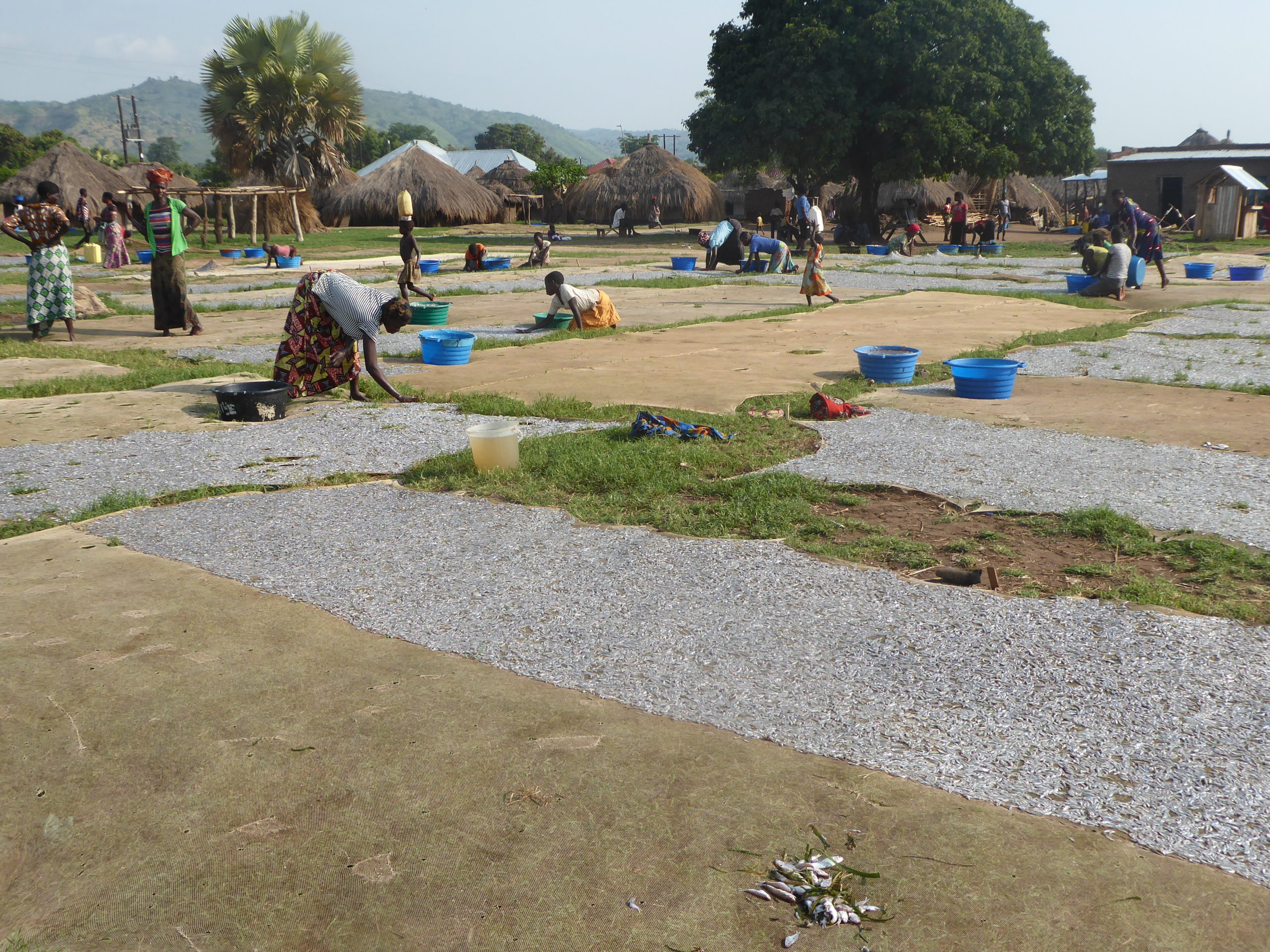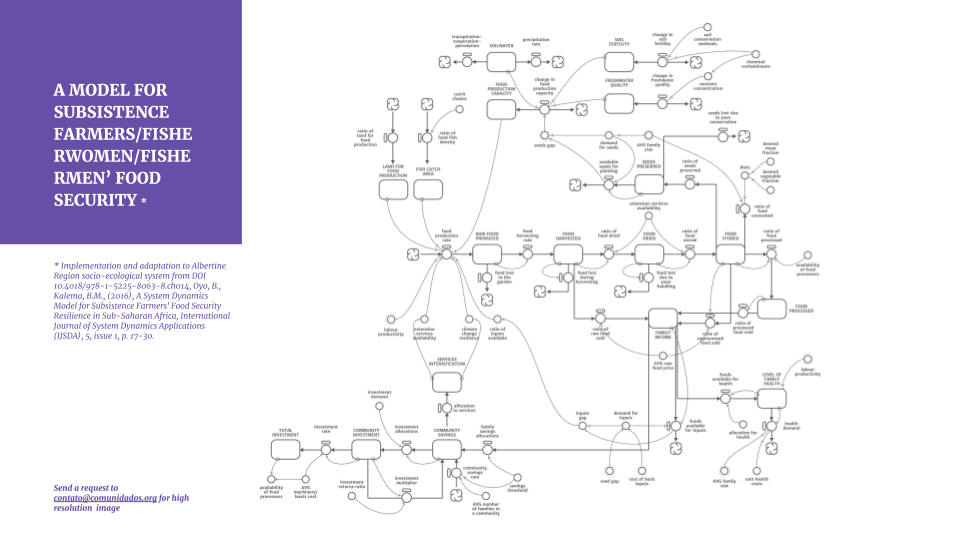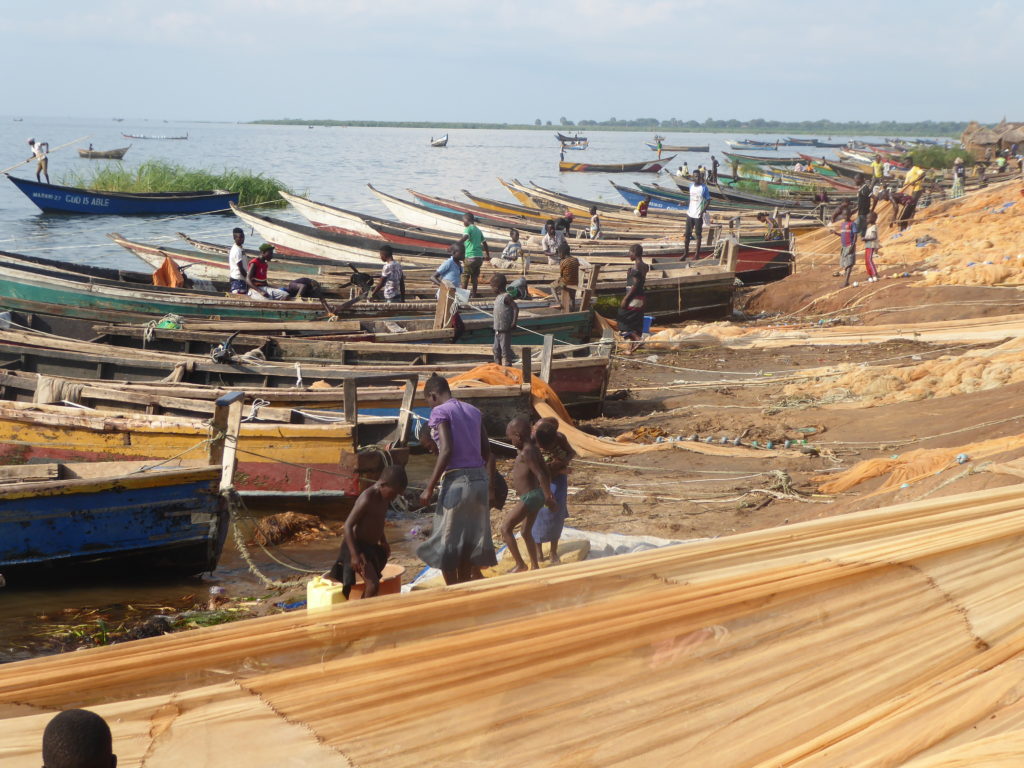The term food sovereignty, coined with the aim to politicize the food and agricultural debates from below, refers to the right of nations and peoples to control their own food systems, including their won markets, production modes, food cultures and environments. This approach creates wider socio- cultural and ecological synergies by promoting principles of diversity, recycling, integration and re-embedding food within social processes and eco-systemic dynamics. The food sovereignty movement proposes a localist approach to meeting food security and is spawning multiple local projects, whereby people are empowered to define their own culturally and environmentally appropriate food systems. Food sovereignty has emerged as an alternative approach for achieving food security at the local level.

ED has designed an interpretive model to understand what actions are necessary to implement projects within a food sovereignty strategy. This scheme is the result of a holistic approach that identifies the drivers and constraints to implement this strategy.






